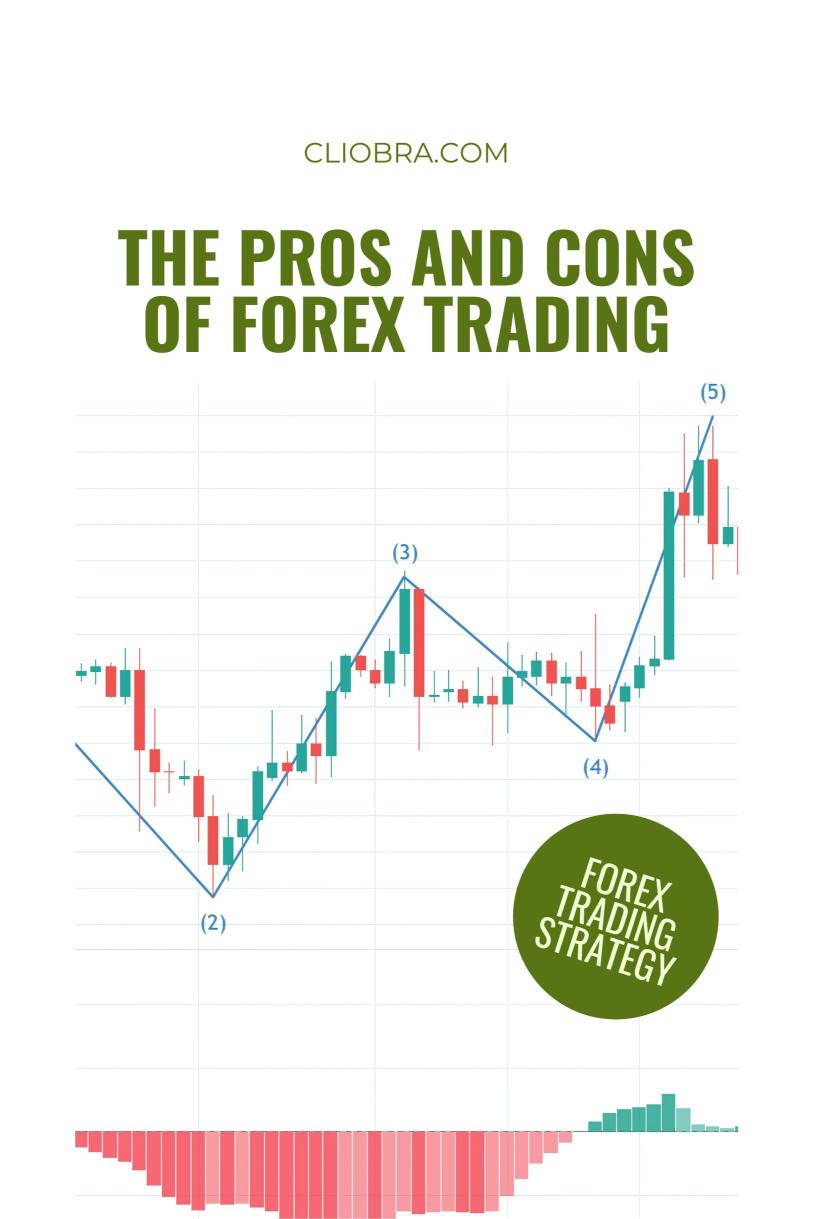Last Updated on April 1, 2025 by Arif Chowdhury
Starting with Forex trading? You’re probably asking yourself:
- Is it too risky?
- Can I really make money?
- Is there any way to minimize my losses and maximize my profits?
As a seasoned Forex trader since 2015, I’ve been through all the highs and lows.
Let me break it down for you, the real deal, the pros and cons you need to understand before jumping in.
The Pros of Forex Trading
1. Market Accessibility 24/5 🌍
Forex operates 24 hours a day, five days a week.
That’s a huge advantage compared to other markets like stocks, which have strict opening hours.
You can trade any time—whether you’re a night owl or an early bird.
This flexibility lets you fit Forex into your schedule.
No need to quit your day job if you don’t want to.
But, be warned, the work-life balance part is tricky—you might end up glued to your screen more than you expect.
2. High Liquidity = Easy to Enter and Exit 🏦
Forex is the world’s most liquid market.
It’s been estimated that over $6.6 trillion in trades occur every day (that’s trillion with a T).
What does this mean for you?
- You can buy or sell currencies with minimal price slippage.
- You’re not going to struggle finding a buyer or seller for your trade.
- You can quickly get in and out of the market, giving you more control.
3. Leverage—A Double-Edged Sword ⚔️
Here’s the kicker: Forex brokers allow you to trade with leverage.
Let’s say your broker offers 100:1 leverage.
This means you can control $100,000 with just $1,000 in your account.
It sounds sexy, right?
But leverage is a double-edged sword.
While it can magnify profits, it can also amplify losses.
More on that in the cons section.
4. Diversification Opportunities 📊
With Forex, you can trade multiple currency pairs, giving you exposure to different economies.
For instance, EUR/USD, GBP/USD, USD/CHF, and USD/JPY—just a few of the currency pairs I focus on in my own trading strategy.
This diversification helps spread the risk, so you don’t have all your eggs in one basket.
If one pair isn’t performing well, the others might make up for it.
5. Low Cost to Start 💵
You don’t need a fortune to get started.
Many brokers offer micro accounts that allow you to trade with as little as $50 or $100.
On top of that, transaction fees (spreads) are relatively low compared to other markets.
This makes it accessible for beginners who don’t want to risk huge amounts upfront.
The Cons of Forex Trading
1. High Risk, High Reward ⚠️
If you’ve heard “high risk, high reward” before, it’s because it’s true.
Forex trading isn’t a get-rich-quick scheme.
In fact, studies show that around 70-80% of retail traders lose money.
That’s a sobering statistic, right?
It takes time, practice, and a strong strategy to consistently make money.
It’s not just about jumping in and hoping for the best.
2. The Emotional Rollercoaster 🎢
Anyone who’s traded Forex knows this: the emotional ups and downs can be intense.
You’ll experience:
- Excitement when you hit a winning trade.
- Frustration when the market doesn’t go your way.
- Fear when you’re down and unsure if it’s the right time to cut your losses.
It can be draining.
It’s crucial to manage your emotions and stick to your plan.
That’s why I’ve developed a unique strategy, using diversified algorithms that help stabilize my trading experience, especially during unpredictable market moments.
3. Leverage Can Be Dangerous 🔥
I mentioned leverage earlier.
Sure, it can boost your profits, but it can also wipe out your account if things go wrong.
Just a small market move against you can result in significant losses, especially if you’re using high leverage.
To mitigate this, I’ve built a portfolio of 16 different trading bots across multiple pairs (EUR/USD, GBP/USD, USD/CHF, USD/JPY).
🚀Gain 2-5% daily ROI – Get this EA for FREE!
These bots are strategically diversified to reduce the risk of simultaneous losses.
4. It Requires Constant Learning 📚
Forex isn’t a “set it and forget it” type of deal.
You need to keep learning, stay updated on economic events, and constantly adjust your strategies.
You need to understand things like:
- Economic indicators (e.g., GDP, inflation rates)
- Geopolitical events (e.g., elections, trade wars)
- Technical analysis (charts, patterns, trends)
The complexity can overwhelm beginners.
But if you stick with it and follow the right guidance, like through educational resources or expert traders (shameless plug: check out my YouTube channel for in-depth tutorials!), you’ll improve over time.
5. The Risk of Overtrading 🕹️
With Forex, it’s easy to get caught in the action.
You might feel the urge to trade every chance you get.
But overtrading leads to poor decisions, emotional burnout, and unnecessary losses.
My advice: Stick to your trading plan.
Be disciplined, and don’t chase every opportunity.
Is Forex Trading Worth It for Beginners?
Yes, but only if you approach it with a clear strategy, discipline, and patience.
- The pros: You’ve got accessibility, liquidity, and diversification on your side.
- The cons: The risks are real, and the emotional toll can be high.
Remember, Forex isn’t about luck.
It’s about skill, consistency, and learning from every trade.
If you’re committed to the grind, the rewards can be huge.
But don’t just take my word for it.
Start small, learn the ropes, and if you want a more hands-off approach, explore strategies like automated trading bots that can help manage the risk while you focus on learning. They’ve been key to my consistent profitability.
